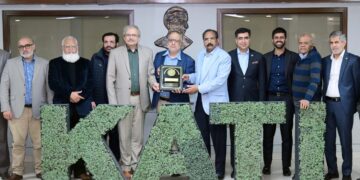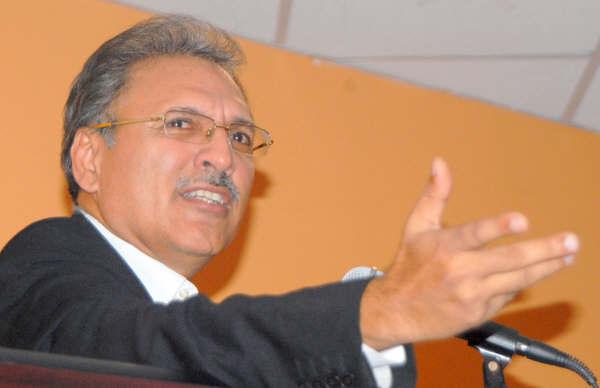WASHINGTON D.C.: U.S. Secretary of State A. Blinken welcomed nearly 10,000 attendees from higher education institutions, foreign governments, and other key industry stakeholders to the 75th NAFSA: National Association of International Educators’ conference, one of the world’s largest conferences focused on international education. Speaking by video to the opening plenary, Secretary Blinken outlined the United States’ enduring commitment to international education, and the direct link between education and foreign policy.
In addition to the Secretary, the U.S. Department of State’s Bureau of Educational and Cultural Affairs, together with officials from the Bureaus of Consular Affairs, the Diplomatic Security Service, and Oceans and International Environmental and Scientific Affair, as well as other U.S. government agencies including the Departments of Commerce, Education, and Homeland Security, demonstrated the United States’ redoubled commitment to international education and enhanced coordination across the Biden Administration.
On Thursday, June 1, Assistant Secretary of State for Educational and Cultural Affairs Lee Satterfield met with U.S. educational exchange stakeholders supporting Americans studying abroad through the Department’s IDEAS Program at the Department’s joint EducationUSA and Fulbright pavilion. The Assistant Secretary underscored the U.S. commitment to enabling future leaders to develop the skills to solve shared global challenges, such as economic security, food security, global health, and climate change.
At the conference, Department officials highlighted U.S. exchanges and resources, including the Fulbright Program, the Gilman Scholarship Program and EducationUSA and addressed topics, including: international education as part of the forthcoming U.S. National Export Strategy; recruiting international students to community colleges; the value of STEM and other fields of study in addressing shared global challenges; international student mobility and the Department’s continued prioritization of processing student visas, studying abroad safely, and the core diversity and inclusion in United States.
As highlighted in the Joint Statement of Principles in support of International Education, the robust exchange of students, researchers, scholars, and educators, along with broader international education efforts between the U.S. and other countries, helps to strengthen relationships between current and future leaders and create new opportunities to strengthen economic opportunity and full participation across societies. The Biden Administration is taking a coordinated government approach and working to expand access to international education opportunities for Americans across the socioeconomic spectrum, and to attract the best international talent to study at U.S. colleges and universities and ensure the United States remains the premiere study destination globally.


















